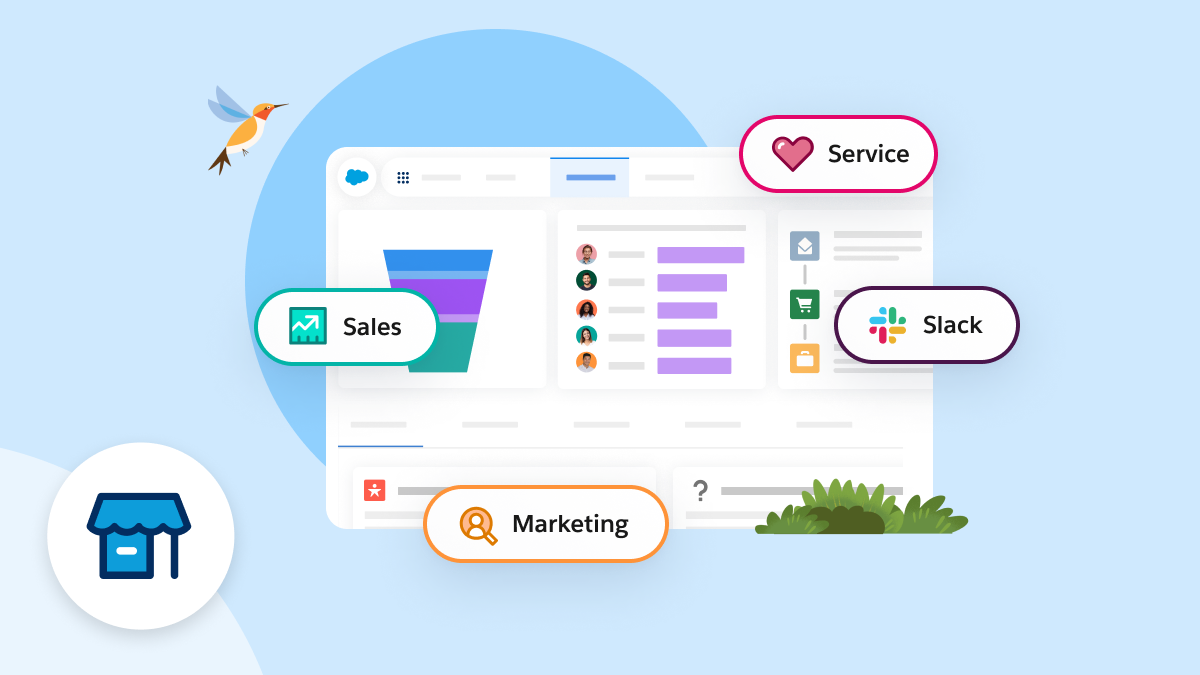
Municipality of Purmerend is encouraging energy transition with Salesforce
Learn how the municipality of Purmerend is helping households to eliminate natural gas usage with a centralised data platform
When it comes to making its environment free from fossil fuels, Purmerend has a reputation to uphold. The municipality’s pioneering role began during the oil crisis in the early 1980s with the construction of a heat network, which now provides heat to 28,700 homes. But although this makes heat transition somewhat more manageable for Purmerend, there is still a lot to be done.
“Purmerend became a centre for growth, with a relatively large number of buildings springing up over time. For the past few years, existing buildings have been connected to the heat network as part of our ‘gas-free pilot project’. We are taking more than 1,000 owners under our wing and helping them make their homes free from gas,”
1. Energy labels do not reflect the situation
“We found our previous municipal information systems were inadequate for this purpose. After looking at the market, we settled on Salesforce,” said Karel Mens. “We started by using their CRM for our ‘gas-free pilot project’, and then extended it to the NIP project. The strength of this system is that it gathers all the relevant information in one place. We can then create segments based on individual target groups and the specific context. In line with our requirements, Salesforce partner Outbirds converted the Salesforce platform into a ‘tracking system for heat transition’.”
In practice, Purmerend found it difficult to find the right data. Take energy labels, for example, which do not always correspond to the actual energy efficiency level of a property. “The actual situation at a particular property may be better or worse than expected depending on any measures implemented, omitted, or not reported,” explained Frank Havik.
It’s this issue Purmerend is keen to resolve first. “We have integrated an automated mailshot function into the Salesforce application, asking residents with a D, E, F, or G energy label whether they would be interested in a heat scan. In total, this affects 1,300 homes, and the scans will be carried out by five work placement students,” said Karel Mens.
2. Getting residents fully on board
3. Grant management as a Salesforce module
“If you can provide a tailor-made proposal with the right financial incentives, it increases the chance of residents agreeing to move forward,” said Karel Mens. “We want to make everything as easy as possible from A to Z, including the implementation stage. We also provide an overview of the available contractors. And, when a resident requests a quote, we arrange it so that the grant is automatically included.”
4. Taking nature-friendly insulation into account
“As a municipality, we started these types of checks years ago. We know the situation of any birds in each property. We’ve also submitted a species management plan to the Environmental Service and are one of the first municipalities in North Holland to do so. In this plan, we describe how we are improving plant and animal protection in each area of the municipality.”
5. All data in-house
“The most important thing is that Salesforce puts all the data in our own hands. That was a conscious choice. As a municipality, we can stay in control, rather than having data scattered across different consultancies with no overview of our progress,” he concluded.
Salesforce solutions for the unique needs of your sector
Share Story
Products Used

Customer Story
How Sarpsborg kommune’s novel approach to citizen services is building a municipality of the future.

Customer Story
DGFiP: using data smartly to manage public funds

Customer Story
Paris Region Tourist Board: using data to better support their professional partners
Do you have questions? We help you on your way.
Ask about our products, prices, implementation or anything else. Our experts are ready for you.
Questions? Call us at +353 14403500




